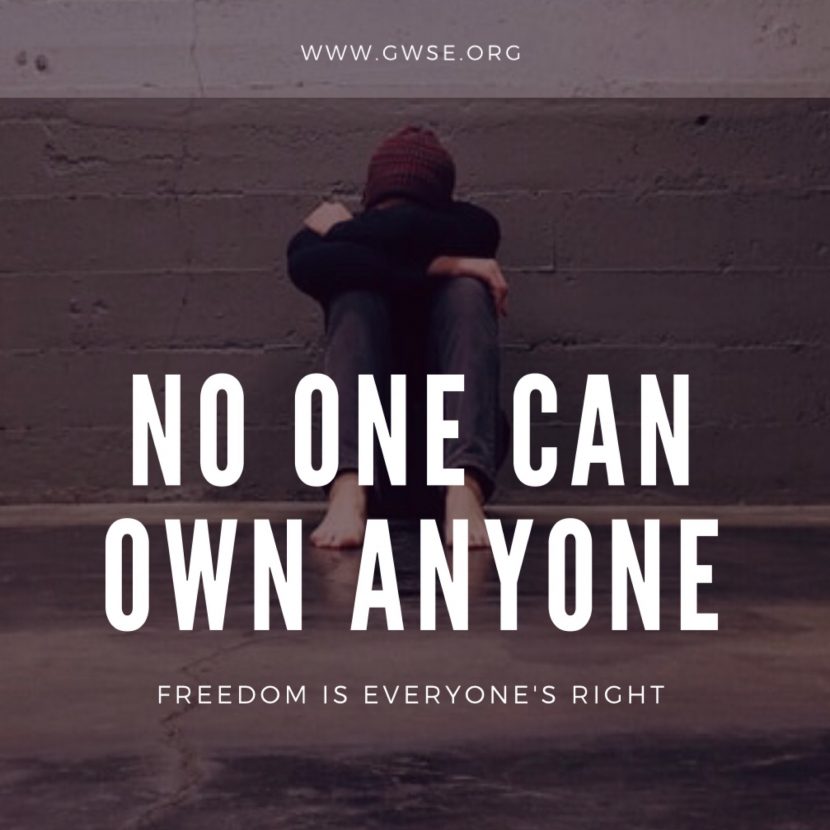Human trafficking is a global issue that affects millions, with many victims lured under false pretenses of better job opportunities and safer lives. One of the most dangerous routes that traffickers exploit is through countries like Libya, often with the promise of work or a better future in the Middle East. As we seek to prevent human trafficking, it’s essential to make informed decisions and stay vigilant when traveling for work or any other purpose.
Here’s how you can protect yourself, and others, from becoming a victim of human trafficking:
1. Do Thorough Research Before Traveling
Whether you’re considering work in the Middle East, or traveling through North African countries like Libya, always do your research. Understand the local culture, legal landscape, and most importantly, the risks. Check with government advisories, reach out to local embassies, and connect with trustworthy organizations to understand the safety situation in your destination.
2. Avoid Irregular and Unsafe Routes
Many people fall prey to traffickers while taking unsafe or irregular routes. Libya, for example, is often a transit country for migrants seeking to cross the Mediterranean. The risks of being trafficked, exploited, or even perishing in dangerous conditions are high for those who opt for unofficial channels. Always use legal, regulated routes, whether it’s through an accredited travel agency, or under the guidance of local authorities.
3. Be Cautious About Job Offers
If you’re offered work in the Middle East or North Africa, especially through unverified sources, proceed with caution. Some human traffickers pose as recruiters, offering high-paying jobs that turn out to be exploitative or involve forced labor. Verify any job offers through official channels. Speak to people who have worked in the region and be wary of promises that sound too good to be true.
4. Secure Proper Documentation
One of the first steps in human trafficking prevention is having the right documentation. Traffickers often take advantage of people who lack passports, work permits, or other essential travel documents. Ensure you have a valid passport, a visa if necessary, and any required work permits. Never hand over your documents to someone else, and if you’re working with an agency, make sure it’s a reputable one.
5. Stay in Touch with Loved Ones
Before you travel, share your itinerary, accommodation details, and contact information with trusted family members or friends. Stay in regular touch throughout your trip. Having a support system back home can be invaluable if things go wrong. Always have a backup plan in case your primary contact fails to respond.
6. Trust Your Instincts
If something feels off, don’t ignore it. Whether you feel uncomfortable with the people around you or if the situation doesn’t seem to be what was promised, trust your instincts. Don’t hesitate to reach out to local authorities, the embassy, or any other reliable organization if you feel unsafe or threatened.
7. Raise Awareness and Educate Others
Prevention starts with awareness. Speak out about the dangers of human trafficking, educate others about the signs of trafficking, and spread the word about safe travel practices. Empower those around you to make wise, informed decisions when it comes to travel, work opportunities, and personal safety.
Finally!
Human trafficking is a grave issue, but with awareness, vigilance, and careful planning, we can help protect ourselves and others from becoming victims. When traveling to countries like Libya or seeking employment in the Middle East, be cautious, informed, and proactive. Your safety should always come first.
Stay safe, travel wisely, and encourage others to do the same.


